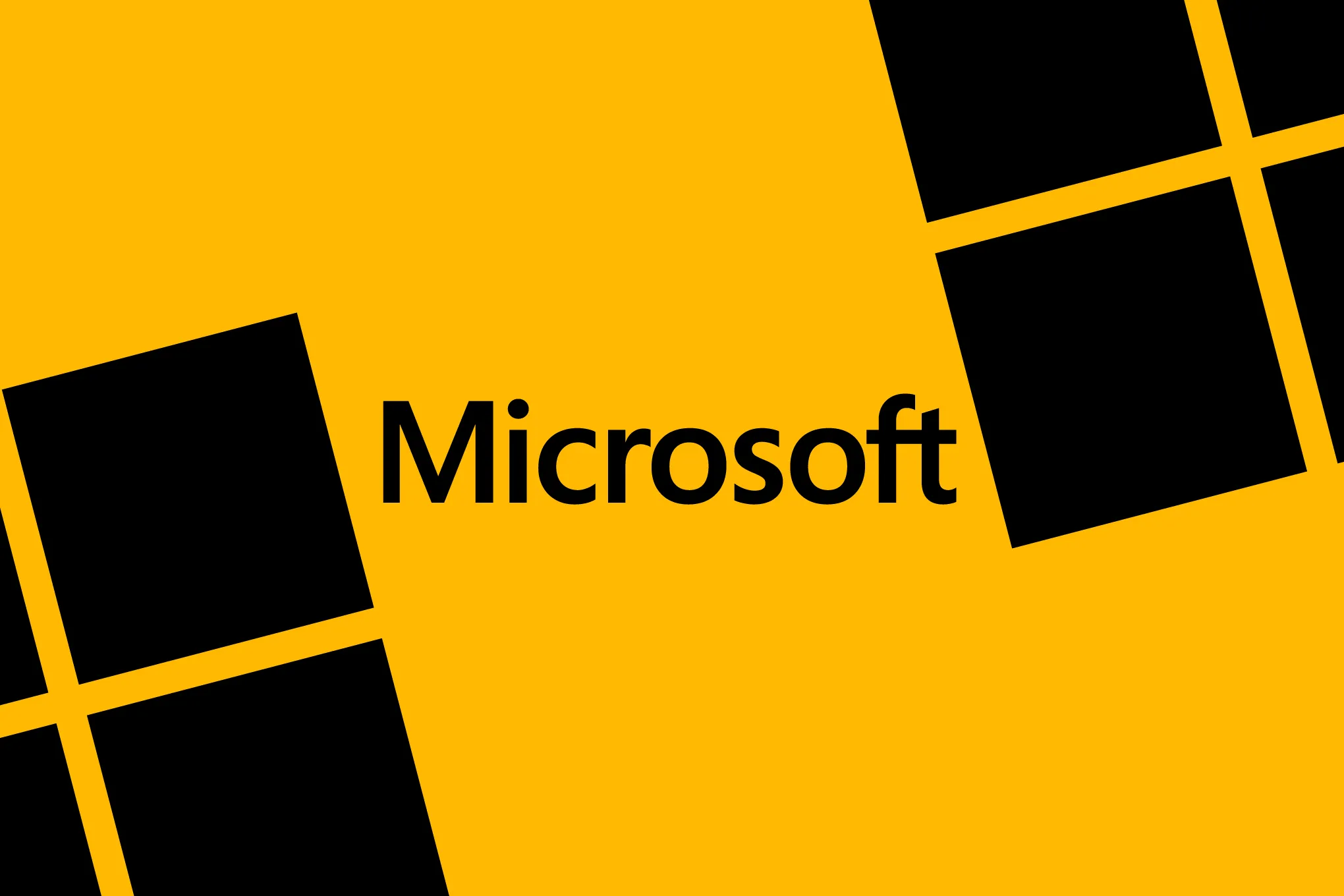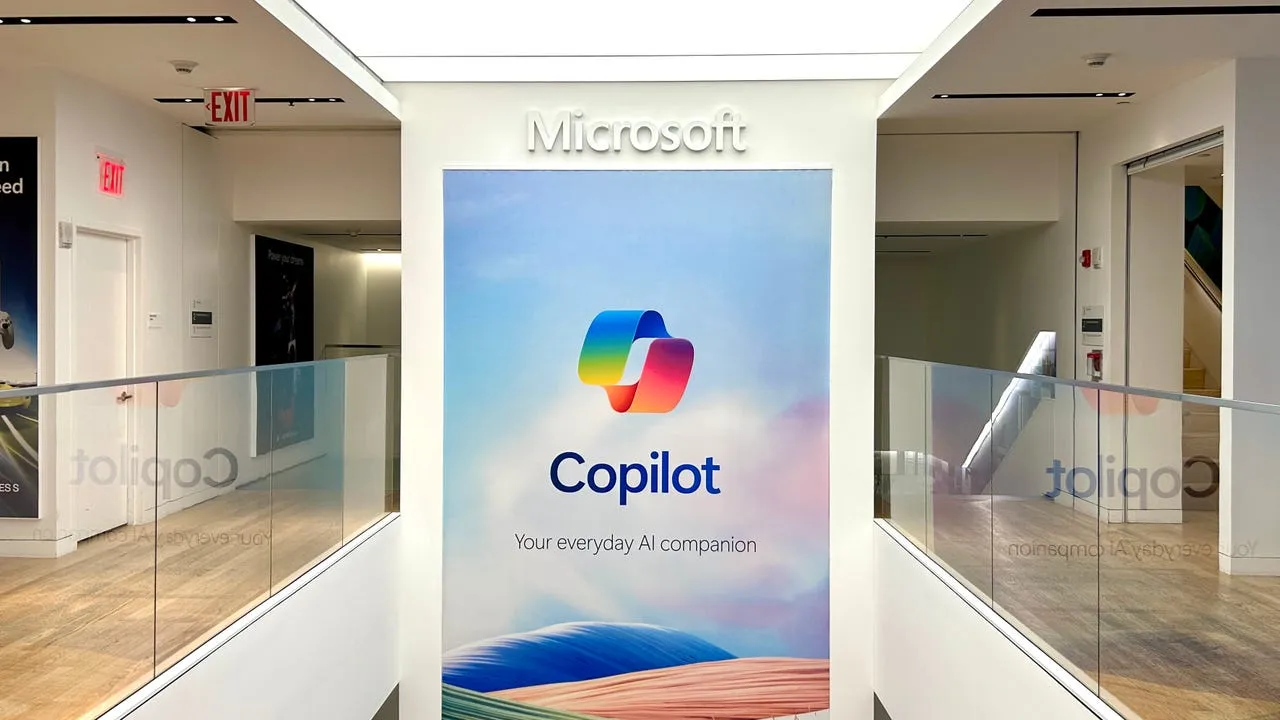Microsoft is making significant strides in the cybersecurity landscape with the introduction of its new AI-driven agents in Security Copilot. These cutting-edge tools are designed to tackle some of the most persistent and time-consuming challenges facing security teams today—phishing, data protection, and identity management.

Phishing Threats and the Need for AI Assistance
Phishing attacks continue to be one of the most common—and costly—forms of cybercrime. In 2024 alone, Microsoft detected more than 30 billion phishing emails aimed at its customers. The sheer scale of these attacks is overwhelming, and security teams often find themselves struggling to keep up. This is particularly true for teams that rely on outdated, manual processes or disconnected security tools.
According to Vasu Jakkal, Corporate VP of Microsoft Security, these new AI agents are purpose-built for security and are aligned with Microsoft’s Zero Trust framework. “The phishing triage agent in Microsoft Security Copilot can handle routine phishing alerts and cyberattacks, freeing up human defenders to focus on more complex cyber threats and proactive security measures.”
The New Security Copilot Agents
Microsoft’s Security Copilot is expanding its capabilities with six new AI agents designed to ease the burden on security teams. These agents seamlessly integrate into Microsoft’s end-to-end security platform, allowing organizations to streamline operations and stay one step ahead of emerging threats.

1. Phishing Triage Agent in Microsoft Defender
The Phishing Triage Agent is a crucial tool for fighting phishing attacks. It analyzes phishing alerts, distinguishing real threats from false positives. The agent provides clear explanations of its decisions, and over time, it improves its accuracy based on feedback from administrators.
2. Alert Triage Agents in Microsoft Purview
Focused on data loss prevention and insider risk, these agents sift through a flood of alerts to surface only the most critical ones. They continuously learn from user feedback, improving their precision over time.
3. Conditional Access Optimization Agent in Microsoft Entra
Security teams managing identity policies will benefit from the Conditional Access Optimization Agent. It helps identify gaps in access policies, flags users or apps outside of current coverage, and suggests updates that can be implemented with a single click.
4. Vulnerability Remediation Agent in Microsoft Intune
This agent focuses on patch management, tracking app and policy misconfigurations, and prioritizing Windows OS patches. It accelerates the patching process by recommending remediation steps and securing admin approval.
5. Threat Intelligence Briefing Agent
This agent pulls together relevant, timely threat intelligence tailored to an organization’s specific environment and risk profile, ensuring security teams have the most up-to-date information when making critical decisions.

Introducing New Agent Solutions from Microsoft’s Security Partners
Microsoft is also collaborating with key security partners to bring even more advanced AI capabilities to its Security Copilot platform. These additional agents address specialized security needs and provide teams with even greater operational efficiency.
6. OneTrust’s Privacy Breach Response Agent
OneTrust is introducing the Privacy Breach Response Agent, which helps privacy teams respond to data breaches by breaking down the incident and offering guidance on regulatory requirements. Blake Brannon, Chief Product and Strategy Officer at OneTrust, noted, “An agentic approach to privacy will be game-changing for the industry. Autonomous AI agents will help our customers scale, augment, and increase the effectiveness of their privacy operations.”
7. Aviatrix’s Network Supervisor Agent
Aviatrix’s Network Supervisor Agent digs deep into network issues, such as VPN or Site2Cloud outages, to pinpoint the root cause quickly, enabling teams to resolve problems faster and more efficiently.
8. BlueVoyant’s SecOps Tooling Agent
BlueVoyant’s SecOps Tooling Agent examines the performance of security operations centers (SOCs) and offers recommendations on how to improve tooling, controls, and overall effectiveness.

9. Tanium’s Alert Triage Agent
Tanium’s Alert Triage Agent provides analysts with more context surrounding each alert, helping them make faster, more informed decisions.
10. Fletch’s Task Optimizer Agent
The Task Optimizer Agent by Fletch is designed to help security teams reduce alert fatigue by forecasting which cyberthreat alerts are the most critical. This ensures that security professionals can focus on the alerts that matter most.
The Future of AI in Cybersecurity
As cyber threats continue to evolve and grow in complexity, the role of AI in cybersecurity is becoming increasingly crucial. Microsoft’s new AI agents, along with those from their security partners, represent a significant leap forward in the effort to automate and optimize security operations. These tools not only enhance the speed and efficiency of security teams but also free them up to focus on more sophisticated threats, ultimately helping organizations stay ahead of cybercriminals.

With the ability to handle routine tasks, prioritize alerts, and provide valuable threat intelligence, Microsoft Security Copilot’s new agents are setting the stage for a more automated, intelligent future in cybersecurity.
As Vasu Jakkal stated, “These agents learn from feedback, adapt to workflows, and operate securely—offering organizations more control while boosting speed and precision.” This is just the beginning of what could be a game-changing shift in how businesses tackle cybersecurity in the years to come.










